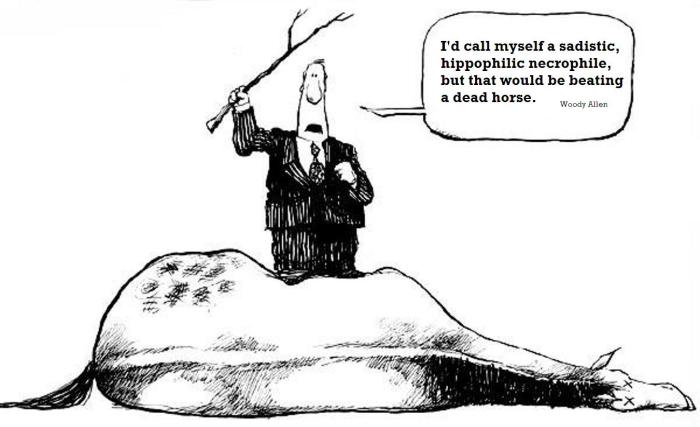
Regardless, the protest was not that Luther rested upon Scripture as the supreme authority, which is manifestly Scriptural vs,. sola ecclesia, but that he disallowed certain books, some of which Rome invokes in trying to justify her tradition with Scripture. Luther had the right to do so, as Rome had not determine with certainty that they were Scripture proper at that point.
Your real protest is not against Luther's rejection of certain books but his reason for doing so.
So you’re saying that he believed that Lutheran Antilegomena were scripture, but he slandered them anyway, but it’s OK because he didn’t mean it,
No, it means what i said, no your polemical rhetoric, that such quotes do not accurately convey his complete attitude, and which you go on to basically allow. I have no idea where your Luther quote on James “certainly not a description of a the Christian God” is found by the way.
Fair enough, but that doesn’t in any way negate the point that without the Catholic Church, Luther was substantially confused about what the bible consisted of, nor the fact that he rested his arguments against Catholic doctrine on removing the books from the bible. If he became ashamed of this, he certainly did not confess it.
So are you resorting to the argument that Luther should have submitted to Rome since she claims to have given us the Bible as the discerner and steward of holy Writ? And be ashamed for dissenting from it?
Had Luther not come along, the Catholic Church may never have defined the canon in the sense that Trent did. In fact, none of the other ancient churches have! Inasmuch as the Catholic Church rejects sola scriptura,..
Meaning inasmuch as Rome is her own authority, and the veracity of her teachings do not need to rest upon the weight of Scriptural substantiation, but as per Keating, "The mere fact that the Church teaches the doctrine of the Assumption as definitely true is a guarantee that it is true. ” — Karl Keating, Catholicism and Fundamentalism (San Francisco: Ignatius, 1988), p. 275.
. Most of the alleged dissenters were merely arguing the usefulness of relying on the deuterocanonicals to convince the Jews of the OT precedents revealed in the NT: if the Jews don’t believe in the deuterocanonicals, does it make any sense to cite them?
In some cases that may be an argument, but it would be a poor one if that is the only reason, as it testifies to seeing these books as only being Scripture due to their polemical value for Jews. They did not have to use them if they thought etc. purgatory needed no explanation from them to Jews, but they easily could have affirmed then as Scripture as they did NT books
But these people who disputed the canon largely did so for the purpose of trying to convert Jews, not for the purpose of establishing the validity of Christian doctrine. When such people disputed the canon, they nonetheless upheld moral doctrine; Luther must be held to a higher standard because he disputed the canon for the purpose of disputing moral doctrine.
This canonical dispute went on for well over a millennium, and I find this explanation based on attribution specious. You rest much upon motive, and by so doing you excuse those who did not uphold books as Scripture which are essential to support RC doctrine, thus indirectly supporting their denial due to lack of support, then condemn Luther for rejecting them in dissenting from said doctrine.
Clearly, the warriors in Maccabees offered the sin offering for the sake of OTHER people, not as a personal indulgence. 2 Peter, however describes a *process* of purification “as one who passes through fire,” in which the disobedient’s works are burned up, yet they are saved despite their disobedience.
I did not say it was a personal indulgence, but that they were making an offering to save damned souls who died in judgment for their mortal sin, not as purgatory who is not for damned souls. Thus 2Mac. 12 does not teach purgatory, only that offerings can be made for mortal souls, contra Rome. Whose purgatory is even rejected by most EOs (who have a different if ambiguous one).
Gotta go... I’ll finish up soon.
Take your time.
